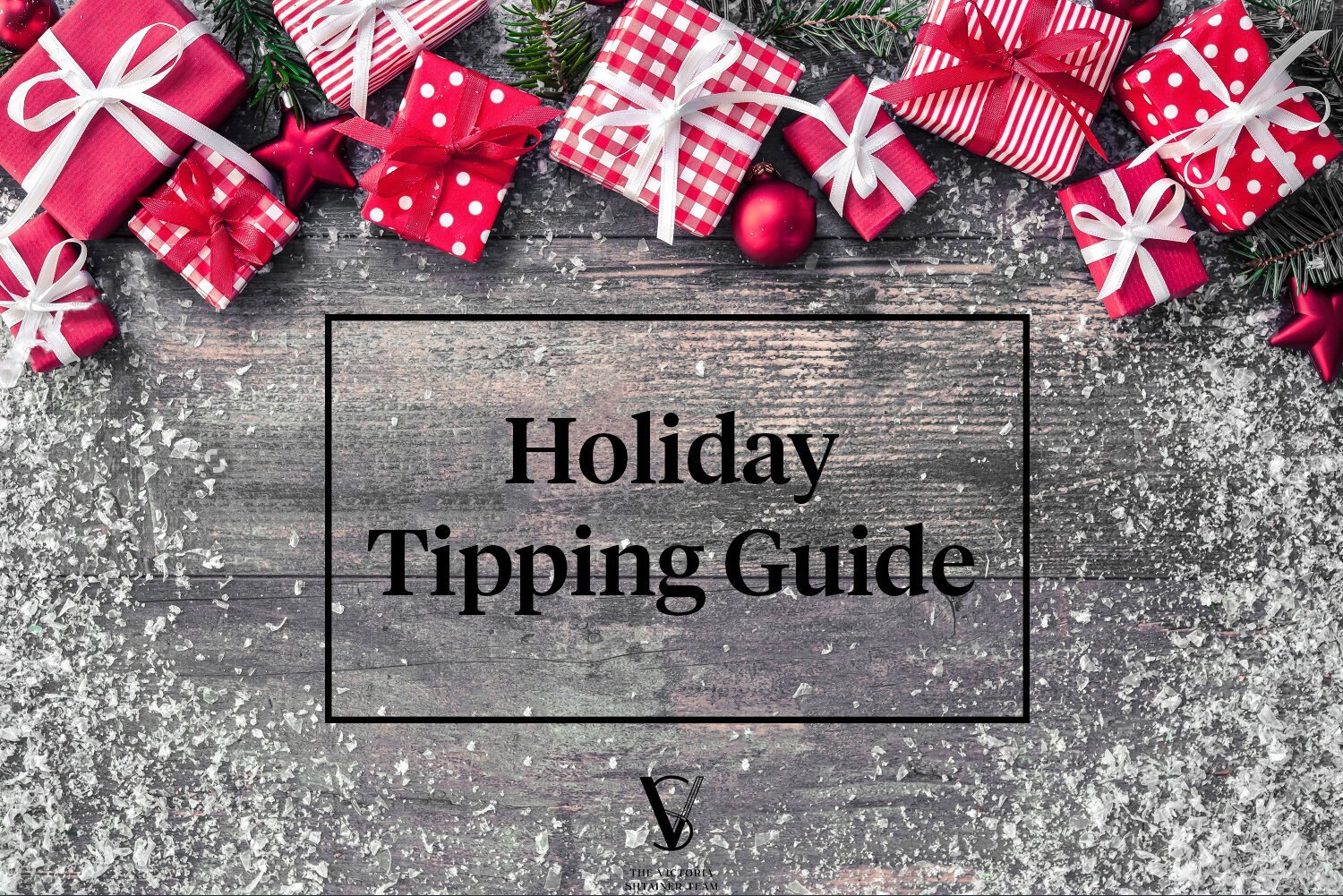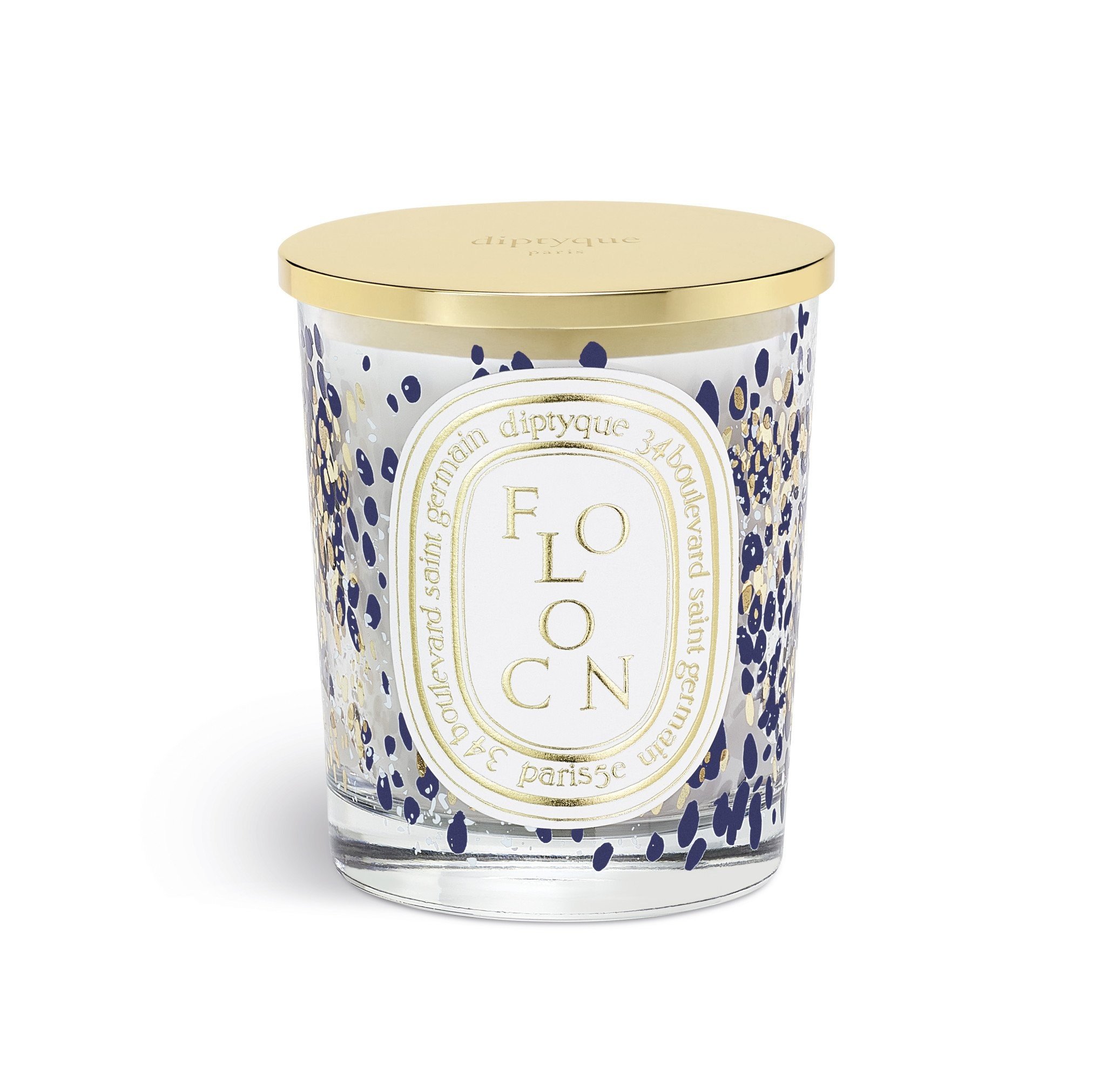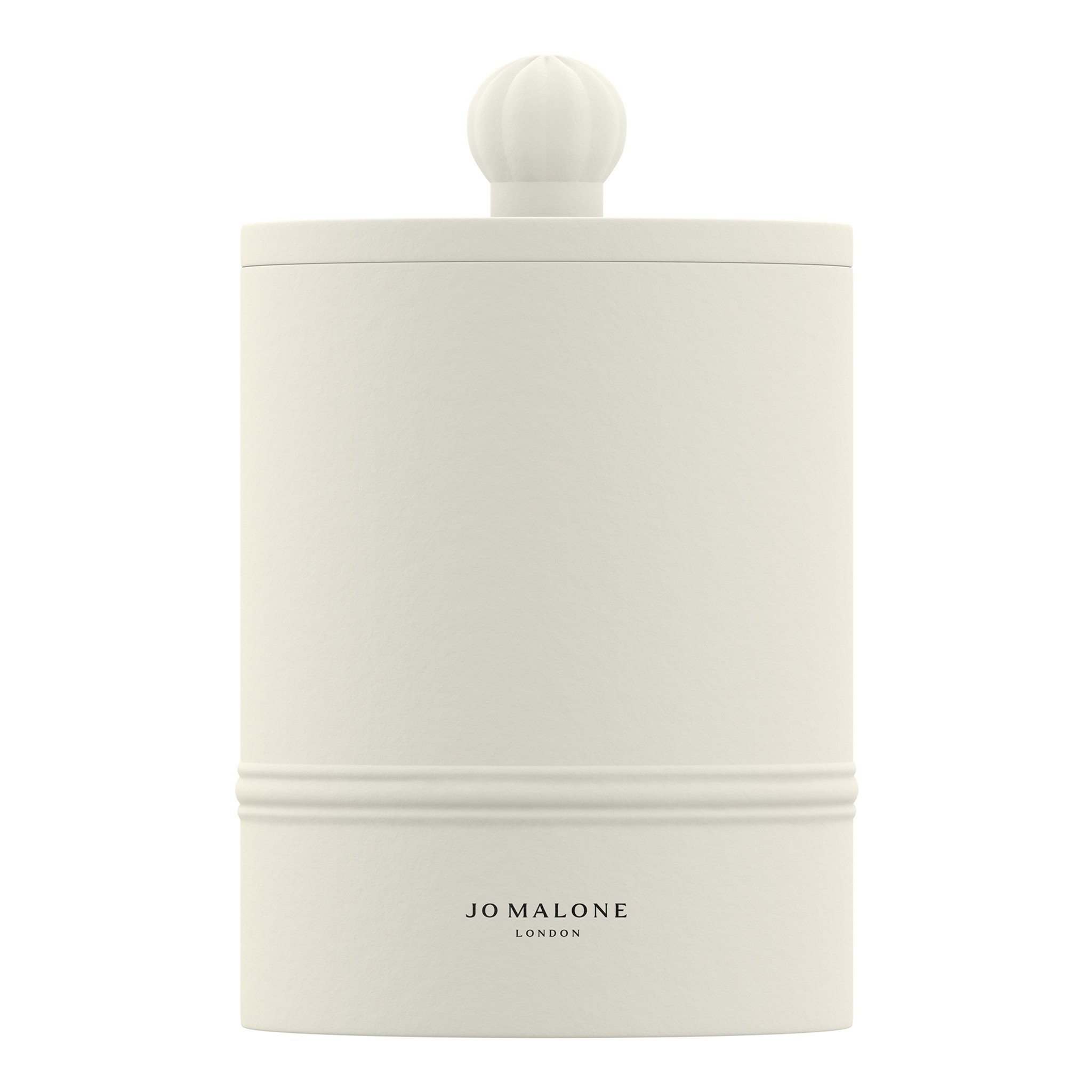Finding an apartment in New York City can be a daunting task, especially for first-time renters. The city’s high cost of living and competitive real estate market can make it challenging to find affordable housing. We will explore the standard procedures for renting an apartment in New York City and provide some tips on how to navigate the city’s real estate market.
Renting an NYC Apartment: The Basics
The first step in renting an apartment in New York City is to determine your budget. Many new renters in New York are surprised to find out that the standard procedure for renting an apartment in NYC is to make 45 times the monthly rent in annual income. For example, if the monthly rent is $2,000, you would need to make at least $90,000 per year to qualify for the apartment.
While having good credit score and some money saved in the bank help, landlords want to see that you are financially secure and have money coming in on a monthly basis to pay the rent.
Once you have determined your budget, you can start your search for an apartment. There are several ways to find available apartments in NYC, including online listings and real estate brokers. We highly recommend working with a qualified real estate agent to help find your apartment as we have access to more inventory than someone not in the industry. In fact, changes to popular sites such as StreetEasy in recent years now require agents to pay if they want their listing to appear on the site.
Working with a real estate agent in a competitive and complex market like NYC is crucial to helping you through the process
When you find an apartment you are interested in renting, you will need to submit a rental application. The application typically requires proof of income, a credit check, and references. If you are approved for the apartment, you will need to sign a lease agreement and provide a security deposit, which is usually equivalent to one month’s rent.
Your real estate agent will help you negotiate terms of the lease.
Navigating the NYC Real Estate Market
The NYC real estate market is notoriously competitive, which can make finding an apartment challenging. However, there are several tips you can follow to increase your chances of finding an apartment that meets your needs and budget.
One tip is to start your search early. The NYC real estate market moves quickly, and apartments can be rented within hours of being listed. By starting your search early, you can get a head start on other renters and increase your chances of finding an apartment before it’s rented. Additionally, this will help you get a sense of the type of inventory that exists within your desired price range.
The New York City rental market moves very quickly - having all your documents and financial information prepared before your search is important
Another tip is to be flexible with your search criteria. It’s unlikely that you will find an apartment that meets all of your requirements, so be prepared to compromise on certain features. For example, if you are looking for a two-bedroom apartment but can only afford a one-bedroom, consider a convertible apartment or a studio with a separate sleeping area.
Finally, be prepared to act quickly when you find an apartment you are interested in. Have all of your paperwork and finances prepared before you start your search so that you can submit an application as soon as possible. This can increase your chances of being approved for the apartment and securing it before other renters.
Renting an apartment in New York City can be a challenging process, but it’s not impossible. By understanding the standard procedures for renting an apartment in NYC and following some tips for navigating the real estate market, you can find an apartment that meets your needs and budget. Whether you are a first-time renter or a seasoned apartment hunter, there are resources and tools available to help you find the perfect apartment in the Big Apple.
Questions about renting in NYC or looking to find your next apartment? Get in touch with us today.











































